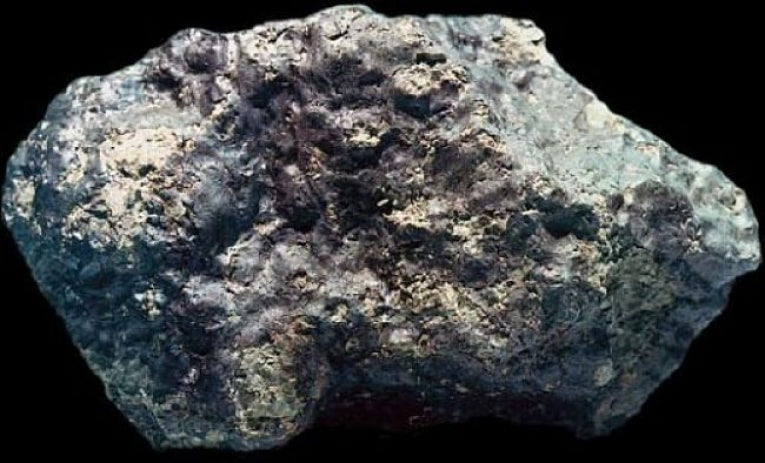In Pasadena, it could be warm and wet, but early Martian climates have exactly those characteristics. CALTECH, in Pasadena have researched how at least one part of the Red Planet was green (and earthly) for at least a few hours! "Carbonates in the Martian meteorite Allan Hills 84001 formed at 18 ± 4 °C in a near-surface aqueous environment," was co-written this month by John Eiler, the Robert P. Sharp Professor of Geology with Woody Fischer, assistant professor and first author Itay Halevy.
The oldest rocks known include the Martian meteorite ALH84001, from the Allen Hills in Antarctica. Geologists believe it started life, 4 billion years ago, tens of metres below the Martian surface and was "snookered" off the planet by another meteorite when it struck that area, a mere 16 million years ago. The rudely-awakened rock was catapulted towards Earth and then sat, potato-like in the ice for 13,000 years, until found in 1984. The computer game will be out next week, but I doubt if Hollywood could take the movie.
below is an image the rock concerned, sliced to reveal the interior. Many meteorites are found on the ice. They stand out on the white background and are in a much more pristine condition than in other parts of the world.

The sliced interior of Allan Hills 84001 meteorite (ALH84001); Credit: NASA
The authors measured 18oxygen and 13carbon isotope concentrations in the carbonates. The more the two were combined ('clumped'), the lower the temperature would have been on Mars, giving the direct measurement needed.
The carbonate minerals found inside the rock formed at 18oC (64oF), which is the first and only evidence of these temperatures on Mars. The sticky thing about this remarkable research is that no other data is available, so few general conclusions can be made. Liquid water must have been involved because carbonate molecules only form from aqueous solutions. It's probable that the tiny cracks and pores of the rock contained carbonate-rich water, which evaporated to leave certain carbonates behind in the rock. The meteorite was famous previously for its apparent signs of life. This research points to no signs of life, as the water was temporary- present for two days maximum. The search continues for a second vital piece of temperature evidence, but don't doubt the sensationalists will always be around to confuse us with the claims for life forms.










